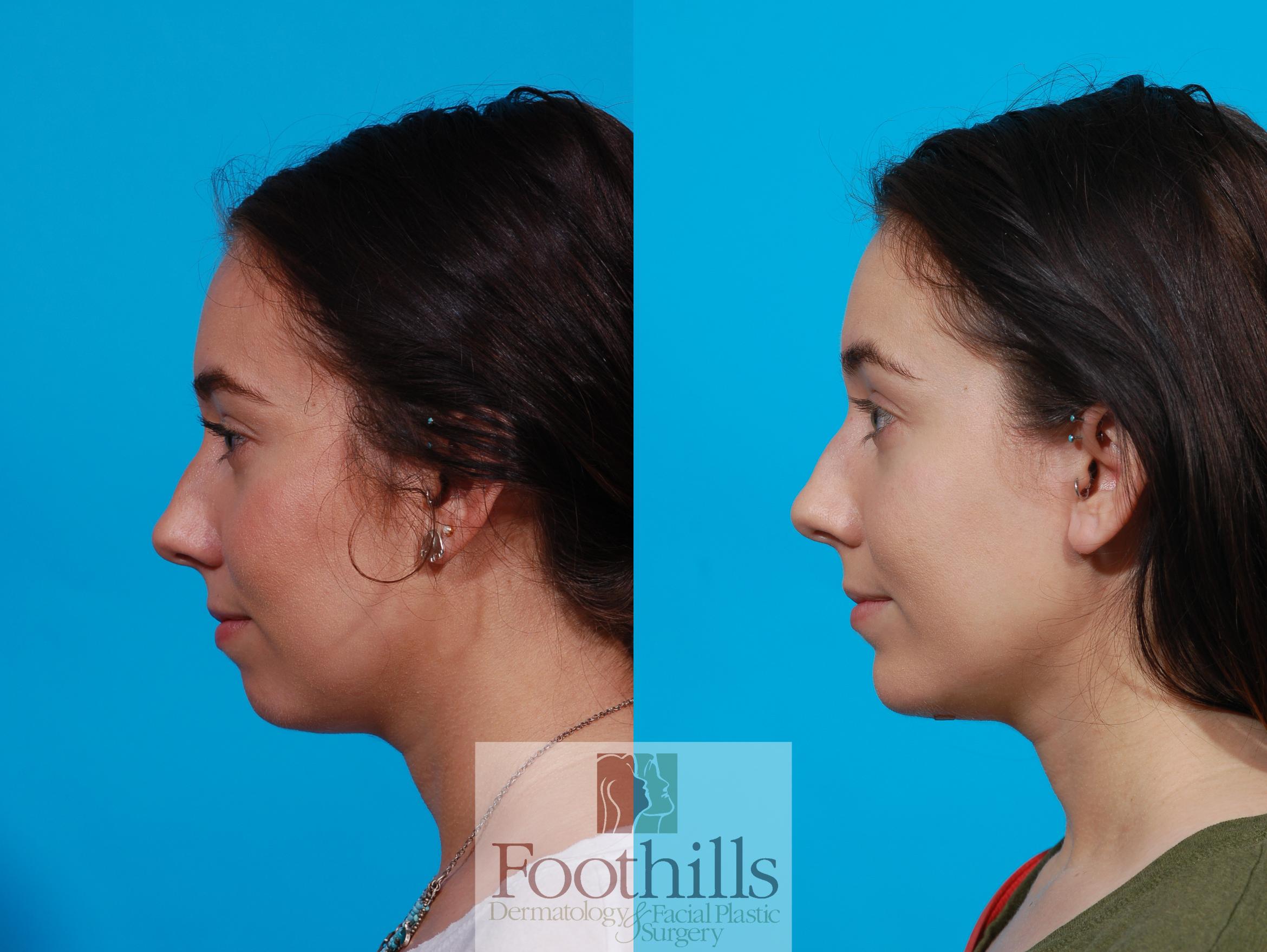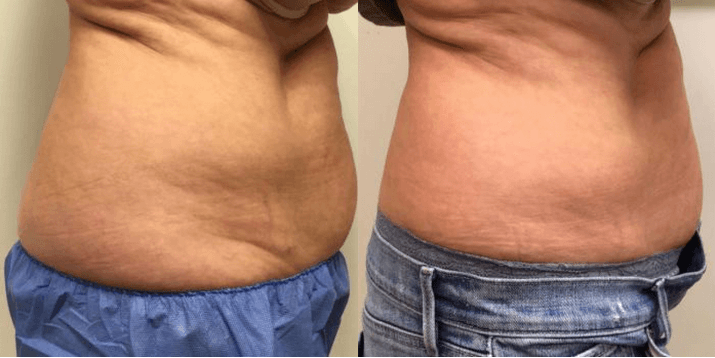
Plastic surgery has been influenced by patriarchy as well as physiognomy. Both have their influence, but so is the growing influence of social media and cheaper procedures. In fact, more than half of all cosmetic surgeries are requested by women. The booming cosmetic surgery industry is a result of the growing demand for aesthetic enhancements and corrective procedures. This article examines three factors that could be responsible for plastic surgery's popularity.
The rise of plastic surgery is influenced by patriarchy as well as physiognomy
The rise of plastic surgery in Korea has many roots in deep-seated patriarchy and physiognomy. Beauty is associated to occupational success in Korean culture. Women are increasingly active in achieving economic independence from men, and the patriarchal structure of society is reflected in the obsessive maintenance of beauty. These studies revealed that women are increasingly seeking cosmetic surgery for aesthetic purposes.
Cosmetic surgery can undermine women's agency. The process alters one’s physical appearance, and also affects their identity. This process of cosmetic surgery fuels a homogenized culture and alienates women from their bodies. It also reinforces a dominant view of beauty and perpetuates a sex-based culture. A rise in monoculture and the loss or agency of women has been linked to cosmetic surgery.

Affordable procedures
The cost of cosmetic surgery, particularly complex ones, is high. Most people can't afford to pay for these treatments without their insurance. Many plastic surgeons offer payment plans to help patients pay for their procedures over time. While patients may pay a deposit upfront and then make monthly payments, some payment plans might charge interest or a fee. Cost of your procedure will depend on how much you pay upfront.
Consider a procedure to remove excess skin and fat. The majority of liposuction is outpatient and requires a quick recovery. Patients typically see results immediately after their surgery, making them one of the most affordable plastic surgery procedures available today. The popular tummy lift targets loose skin, excess fat, and the lower and mid-sections. This procedure is highly effective in restoring the skin's appearance and correcting any loose skin.
Influence of social networks
Research has shown that people who use social networking more often are more inclined to want cosmetic surgery. This influence may be caused by their dissatisfaction with their bodies and their increased use of social media. These findings show that social media is having a larger impact on aesthetic needs than people might think. Research also shows that social media could play a part in attitudes toward cosmetic surgery. The research suggests that young people are especially affected by online images of others' before- and after-scissions, as well information and contests about cosmetic procedures.
Most of the participants were Caucasian females, with no previous cosmetic procedures. However, the majority of participants did not have an interest or need for plastic surgery. They were interested in social media and were using certain applications like Instagram and Snapchat. These apps are mainly image-based and users tend to concentrate on their appearances more than the procedures they see. These apps can influence users.

Increasing cases of cosmetic surgery gone wrong
To improve their appearance, a growing number of women have procedures done to their faces. These procedures can pose a risk to patients with certain medical conditions. For example, people who have chronic smoking habits, cardiovascular and pulmonary diseases, or who have had a history of strokes and other ailments are at increased risk. Unskilled people are often performing cosmetic surgery in salons and spas. Many cosmetic surgery complications go unreported. This will make it easier to avoid future problems and promote safer procedures.
Aside from its physical risks, cosmetic surgery also has emotional ramifications. These can have long-lasting consequences, particularly for patients with mental health issues. This article explores some of the emotional effects of cosmetic surgery and suggests how you can minimize them before undergoing the procedure. For example, if you have a mental health problem or low self-esteem, undergoing cosmetic surgery can exacerbate existing problems.